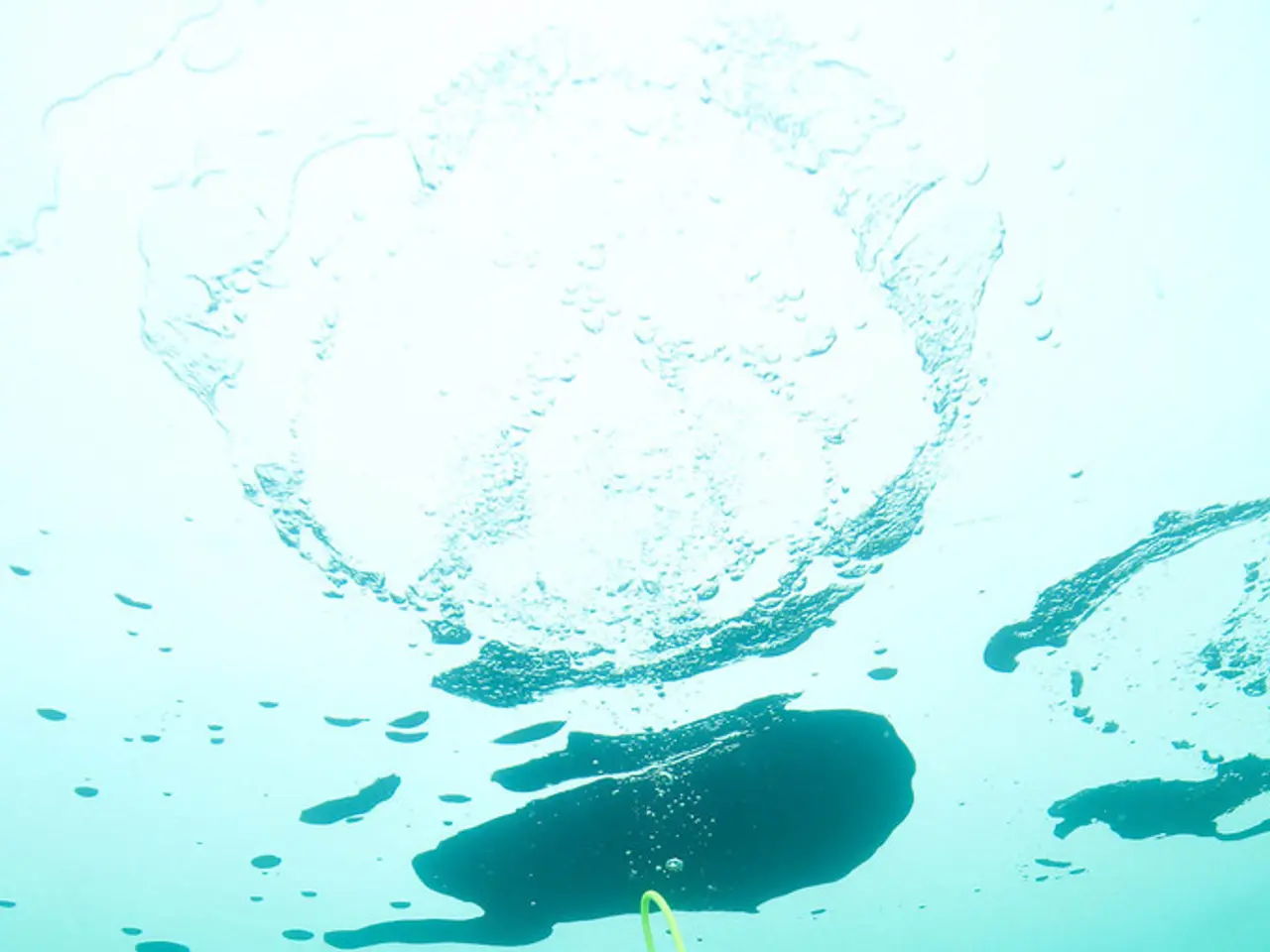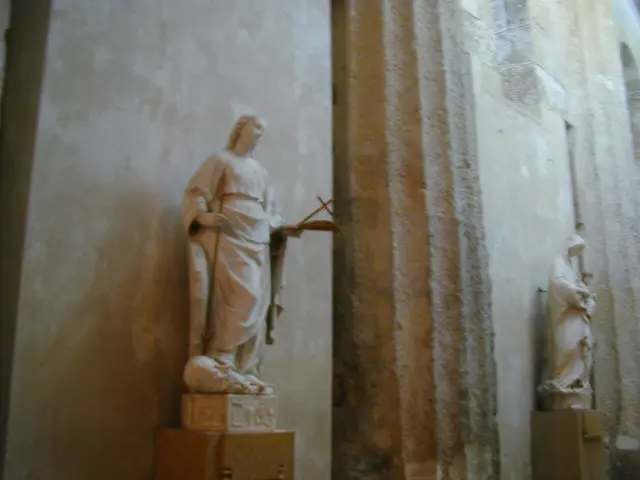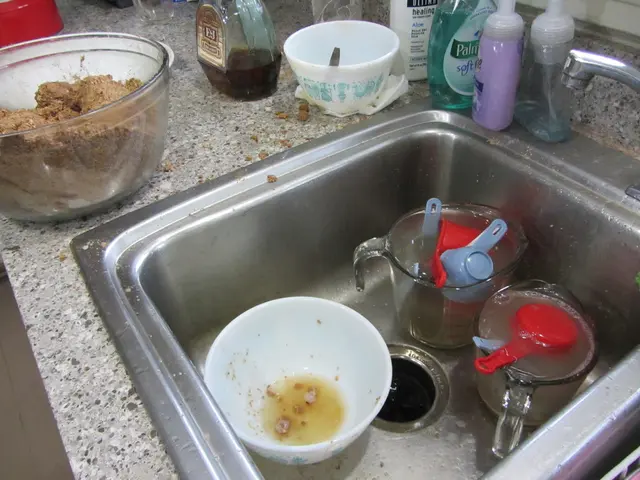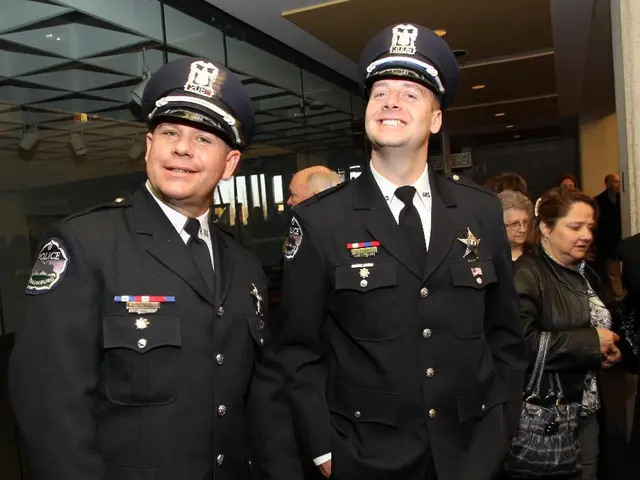Training and Approval Procedures
At the Scripps Institution of Oceanography (SIO) and the UC San Diego Scientific Diving Program, scientific diving authorization involves several key requirements for participants to ensure safety and competence.
Certification and Training
Divers must be certified SCUBA divers with advanced training in scientific diving. This often includes completion of an institution-specific scientific diver training program, which covers diving physiology, safety protocols, emergency procedures, and specialized research diving techniques.
Medical Clearance
Divers must have a recent medical examination and clearance to ensure fitness for diving.
Experience Requirements
Applicants usually need logged dives meeting minimum experience standards in terms of number, depth, and conditions to ensure competence and safety.
Compliance with Regulatory Standards
Divers must comply with institutional, state, and federal regulations governing scientific diving, such as OSHA's Scientific Diving Exemption requirements in the US.
Maintenance of Skills
Ongoing participation in refresher courses and regular diving is necessary to retain authorization.
The Scripps UC San Diego Scientific Diving Course is a 100-hour course required for scientific diving under UC San Diego. The course includes physics and physiology of diving, equipment and environmental considerations, subtidal sampling techniques, dive rescue, diving emergency first aid, nitrox, a written Scripps Scientific Diver examination, and 12+ supervised open water dives.
Equipment requirements for the course include a mask, snorkel, fins, exposure suit, dive timing device or diving computer, weight belt, weights, and a dive bag. Students are to provide their own mask, snorkel, fins, exposure suit, and dive timing device or diving computer, while the Scripps Dive locker has BCs, regulators, gauges, cutting devices, and lights available for the class.
Scientific diving is not authorized until all aspects of scientific diver certification are current and a Scripps Dive Plan has been approved.
For authoritative, up-to-date, and detailed requirements, it is recommended to consult the official Scripps UC San Diego Scientific Diving Program guidelines or contact their program directly, as these requirements can be detailed and subject to institutional policy updates.
Contact Information
- Mohammad Sedarat, Graduate Student in the Marine Biology Research Division (contact information not provided) - Phil Zerofski, Marine Technician/Collector in the Marine Biology Research Division, (858) 534-4777, pzerofski@our website - Paul Jensen, PhD, Research Microbiologist at the Center of Marine Biotechnology and Biomedicine, (858) 534-7322, pjensen@our website - Kristin Riser, Staff Research Associate in the Integrative Oceanography Division, (858) 534-2059, kriser@our website - Karen Van Hoesen, MD, Clinical Physician/Director of UCSD Diving Medicine, (619) 543-6463, kvanhoesen@our website - James Leichter, Ph.D., Associate Professor in the Integrative Oceanography Division, (858) 822-5330, jleichter@our website - Edith Mitchell, Risk Management Manager (contact information not provided) - The Marine and Field Research Safety Training Coordinator, (858) 822-5973, jhallisey@our website, and in office MSDC-A 104 - M. Dale Stokes, PhD, Chair of the Diving Control Board, (858) 822-2608, dstokes@our website - Rich Walsh, Assistant Diving Safety Officer/Diving Locker Supervisor, (858) 534-6979, rwalsh@our website - Paul Dayton, PhD, Professor Emeritus in the Integrative Oceanography Division, (858) 534-6740, pdayton@our website - Christian McDonald, Scientific Diving Safety Officer, (858) 534-2002, cmcdonald@our website - The Scripps Diving Safety Officer issues a Scripps Scientific Diving Authorization for scientific diving activities under Scripps/UC San Diego
For inquiries about the Scientific Diving Program, contact the Scripps Diving Safety Officer, Assistant Diving Safety Officer, Diving Program Technician, or Christian McDonald.
Additional Information
- Remote or field projects must be submitted for review 4 weeks prior to the start of the project and require supplemental dive accident and travel insurance for all remote or international fieldwork. - DAN's Diving First Aid for Professional Divers (DFA Pro) course is designed for commercial, professional, aquarium, and scientific divers, providing first-aid knowledge and skills specific to these work environments. - The ultimate responsibility for safety in scientific diving rests with the individual diver.
[1] For more information on the history of formal diving programs at Scripps, please refer to [Citation Needed].
In the Scripps UC San Diego Scientific Diving Course, prospects must not only be certified SCUBA divers with advanced training but also display comprehensive knowledge in marine biology through their instruction. Additionally, to participate in the program, individuals must maintain a competence in health-and-wellness and fitness-and-exercise, as evident by their fitness evaluations and compliance with regulatory standards.





